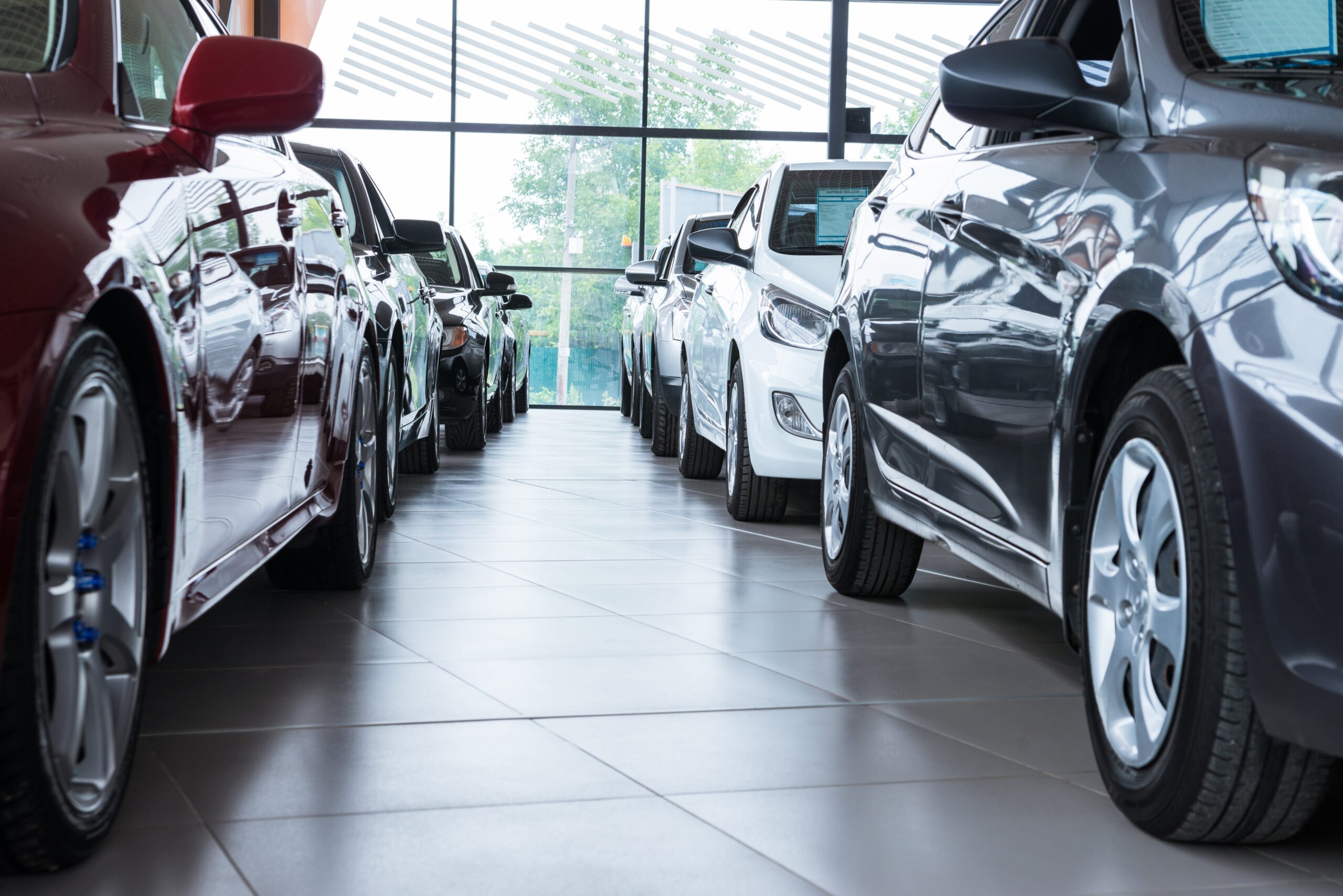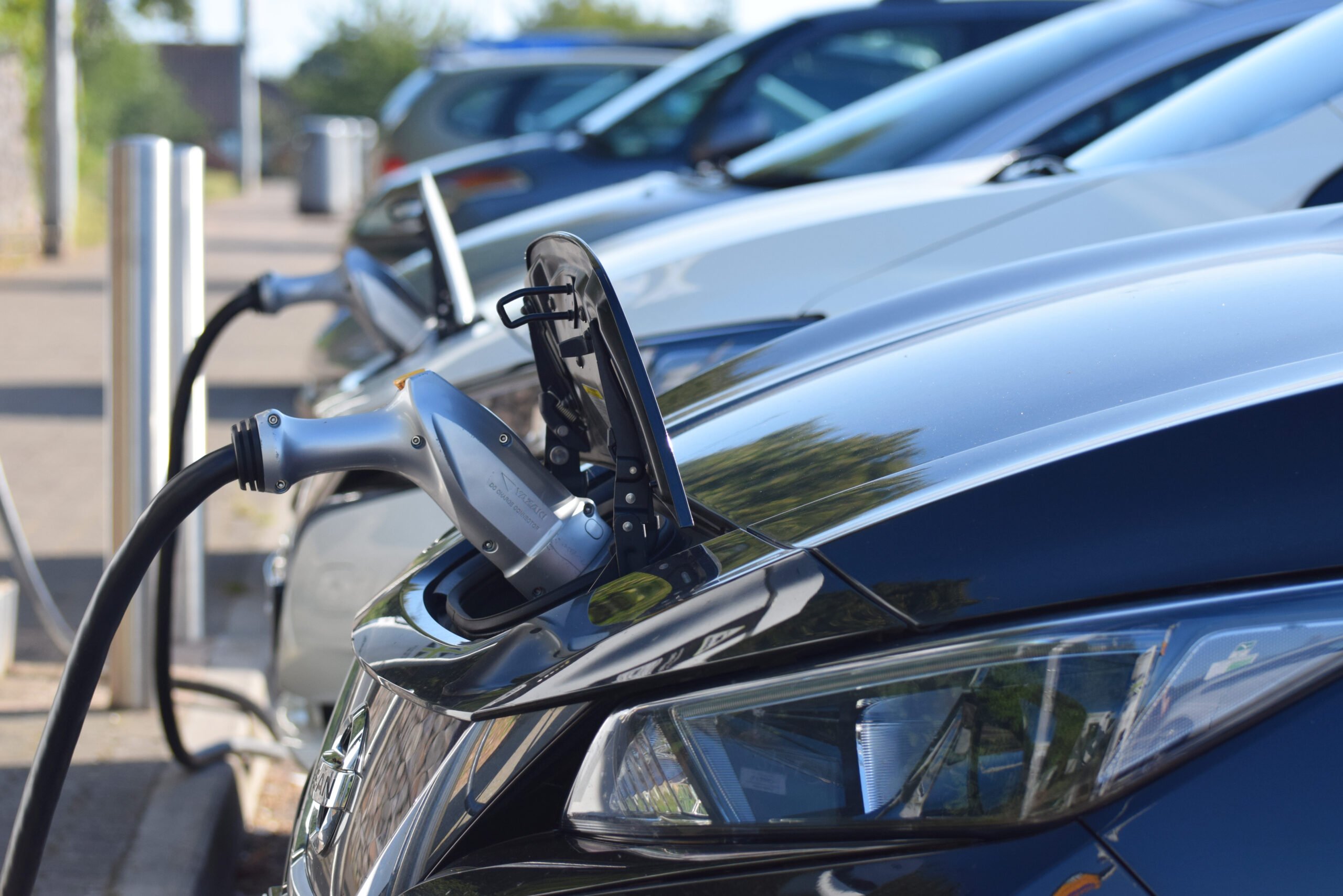Latest UK sales figures from SMMT (Society of motor manufacturers and traders)
May 2025
Battery Electric new car sales 32,738 (21.8% of sales)
Plug in electric cars 17,898 (11.9%)
Hybrid electric cars 20,351 (13.6%)
Year to date Jan-May
BEV 177,487 (20.9%j
PHEV 85,657 (10.1%)
HEV 122,942 (13.1%)
So roughly a third of new cars now electric, or plug in, with another 13% as part electric, so now 47% not conventional fossil fuel
The latest UK electric vehicle (EV) data. Get key insights on the latest electric car, van, truck and bus registration figures and statistics in the UK.

www.smmt.co.uk
With recent launch of many new smaller electric cars (Renault 5, Hyundai Inster, Ford puma-E etc), and lots more new fully electric small cars due in next few months, it could easily jump from 47% to over half by end of year.


